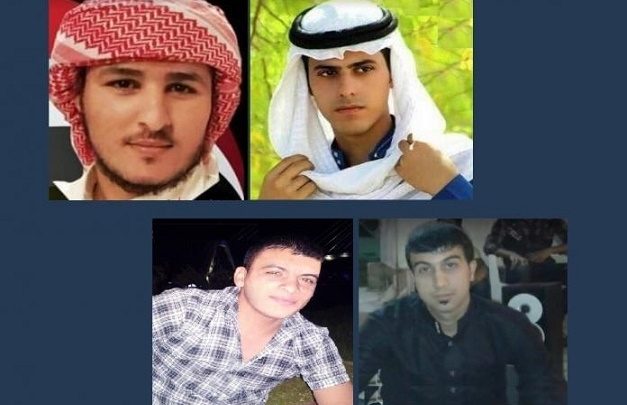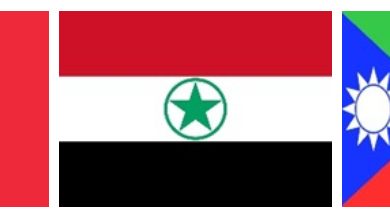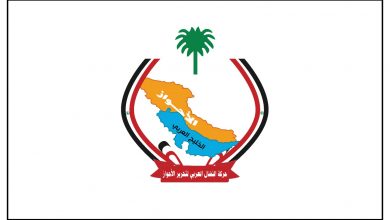Ahwaz National Resistance targets oil pipelines in Johor al-Sabae area + Video

Ahwazna
The Ahwazi National Resistance’s Farouk Battalion carried out a massive operation targeting oil pipelines in the Johor al-Sabae area of the Iranian-occupied Ahwaz region (a.k.a. Khuzestan province) at dawn on Monday July 18, with Iranian authorities immediately mobilising military and security forces in response.
Reporting on the latest operation, the information office of the Arab Struggle Movement for the Liberation of Ahwaz (ASMLA) confirmed the success of the attack, noting that the Farouk Battalion members had returned safely to their positions after carrying out the operation. The ASMLA report further noted that the Iranian regime had immediately mobilised dozens of fire engines, with security forces and Iranian Revolutionary Guards Corps personnel setting up a security cordon around the area, along with numerous checkpoints to search for those who carried out the operation.
The Johor al-Sabae area, located around 75 kilometers to the northeast of Ahwaz city, the regional capital, contains one of the largest oil fields in the region, extending over an area 34 kilometers long and four kilometres wide. Oil drilling has been taking place in this field since 1927 when it was first launched by the British-Iranian Oil Company (the year after Iran’s British-backed annexation of Ahwaz), with the field currently producing 26,000 barrels of crude oil per day.
Since June 2005, the Ahwaz National Resistance has been targeting oil and gas supply lines in the Ahwaz region since these are a primary source of funding for the Iranian regime. Ahwazi activists consider it essential to continue targeting installations central to the Iranian economy, including those in the oil and gas sector, since the Iranian regime is using the revenue from these to finance regional terrorist organisations and support institutions and centres that spread its sectarian extremist ideology throughout the Middle East region.


